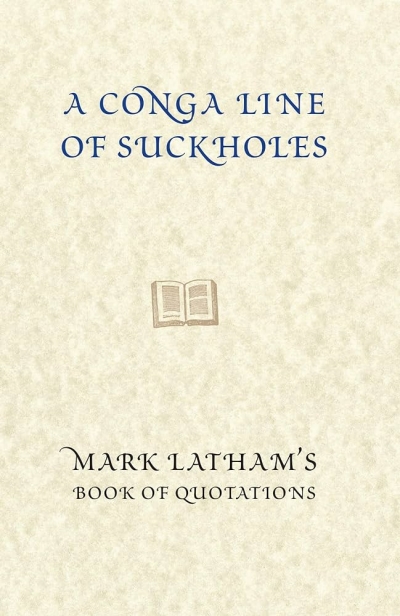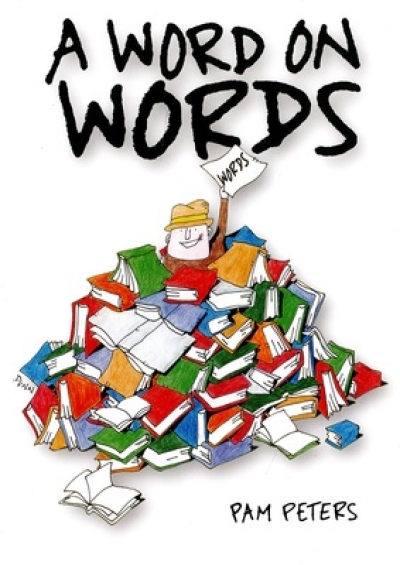This is a selection of the quotations Mark Latham collected during his time in local and federal politics. The quotations are arranged alphabetically by subject, from ‘Aboriginal People’ to ‘Working Class’. Given Latham’s career, it is not surprising that the emphasis is on political quotations and quotations from politicians.
Some quotations are quite familiar, as with Winston Churchill’s comment on a former Conservative MP who was seeking to stand as a liberal: ‘The only instance of a rat swimming towards a sinking ship.’ I was touched by Archbishop Desmond Tutu’s incisive critique of colonising missionaries: ‘When the missionaries first came to Africa they had the Bible and we had the land. They said “Let us pray” and when we opened our eyes, we had the Bible and they had the land.’ Charles de Gaulle demonstrates Gallic culinary wit: ‘How can you govern a country which has 246 varieties of cheese?’ Readers will find their own favourites.
...
(read more)




